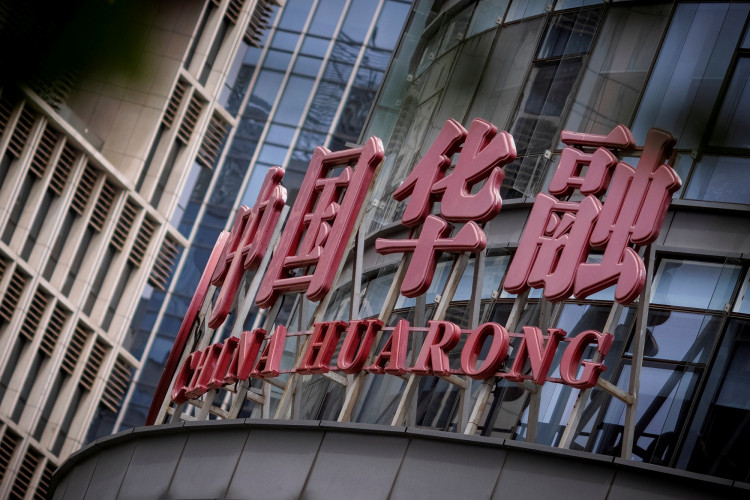The selling of China Huarong Asset Management Co.'s bonds has extended to other China bad-debt managers as the country attempts to overhaul the industry.
The bonds of three of the company's competitors are now in a steep fall following the selling of Huarong's bonds in April.
Dollar-denominated notes issued by China Cinda Asset Management Co., Great Wall Asset Management Co. and China Orient Asset Management Co. are being sold at the fastest pace since April. The three companies have combined outstanding liabilities of around $454 billion, which includes $28 billion in outstanding dollar bonds.
Huarong surprised market participants in April after it failed to publish its annual results. This led to selling owing to fears of a possible default. Analysts said investors were spooked by the delay of the publication, with some quickly shedding exposure.
"Due to the prolonged delay of Huarong's 2020 results and increasingly complex restructure potential, investors are increasingly examining exposure to China AMCs," analysts at Bloomberg Intelligence said.
China's finance ministry had to step in to help manage the fallout. The ministry said earlier in the week it was considering a plan to transfer its controlling stakes in bad-debt managers to a holding company modeled after an existing company that holds the government's stakes in state-run banks.
Sources said that a similar proposal was submitted three years ago as part of a wider strategy aimed at dealing with Huarong's growing financial risks. Officials said the creation of a holding company would help the government separate its roles as both a regulator and a shareholder, effectively helping it streamline its oversight and management processes.
The proposed move has raised questions over whether China is planning for a broader shake-up of the industry.
Earlier in the week, Huarong made one of its biggest bond payments since April. The payment for a $900 million dollar-denominated fund due June 3 has raised some confidence in the company's ability to access near-term liquidity. Sources said one of the company's onshore units also made a $78 million payment to a bond that matured over the weekend.





